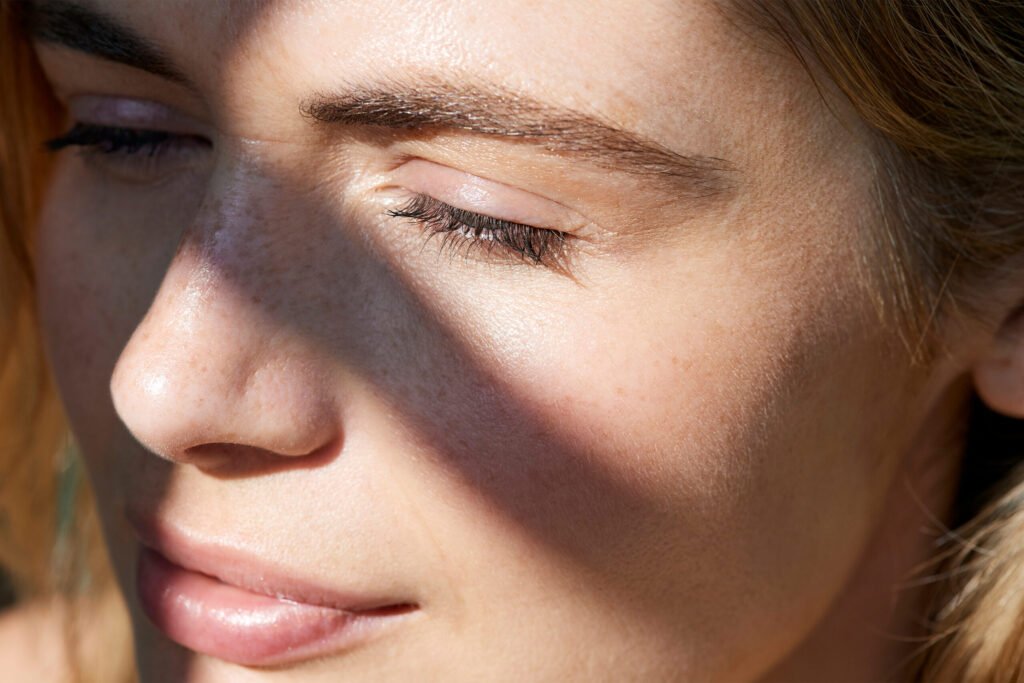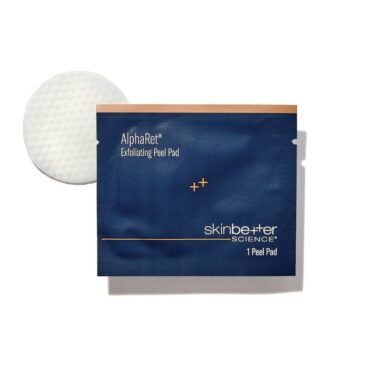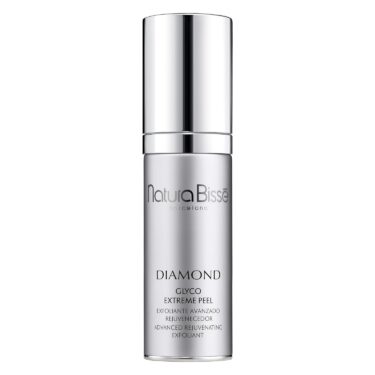Glycolic acid is well-known for its exfoliating benefits. Like many alphahydroxy acids (AHAs), it resurfaces the skin by unclogging pores and sloughing off dead cells. But there’s something special that sets it apart from the sea of other acids—it’s ideal for dehydrated skin. When your skin feels parched and tight, the last thing you want to do is strip it further. Glycolic acid is one of the most gentle AHAs and therefore can exfoliate without harsh side effects. Beyond that, it helps support moisture retention, and when used in moderation and paired with barrier-supporting ingredients, it helps restore a healthy glow without stripping the skin,” says Melville, NY dermatologist Kally Papantoniou, MD.
Featured Experts
Dehydrated vs. Dry Skin
If you’ve confused the terms dehydrated and dry skin before, you’re not alone. Despite sounding the same, they’re not interchangeable. “Dry skin is a skin type, meaning that your skin naturally produces less oil and often feels rough or flaky. Dehydrated skin, on the other hand, is a temporary condition where the skin lacks water, rather than oil,” says Dr. Papantoniou.
Since dehydration is a condition, it can happen in any skin type. Even those with oily skin can experience dehydration due to weather changes or damage to the skin barrier,” says Dr. Papantoniou. These are just two factors that can lead to water loss. As aesthetician Samantha Susca explains, dehydration typically occurs in the upper outermost layers of the skin where water can evaporate. “While it can feel similar to dryness, combating it is different. When the skin is dehydrated, it needs to be replenished specifically with water-based products,” she says. Aesthetician Brenna LaRocque adds that dehydrated skin often appears dull with fine lines emphasized and can feel tight.
Benefits of Glycolic Acid for Dehydrated Skin
“Glycolic acid is an AHA that gently exfoliates the skin‘s surface by dissolving the bonds that hold dead cells together,” says Dr. Papantoniou. It refines the skin’s texture, helping to unclog pores and even tone. “Unlike other AHAs, glycolic acid is the smallest in molecular size, allowing it to penetrate deeper into the skin to stimulate collagen production, reduce dark spots and brighten the complexion. It’s also a humectant that attracts and binds water to the skin,” says LaRocque.
For dehydrated skin specifically, it can be especially beneficial. According to Susca, glycolic acid makes it easier for hydrating products to reach deeper layers of the skin, making them more effective. The gentle exfoliating and moisture retention properties are ideal for restoring hydration without further stripping the skin. Even better? Glen Dale, MD dermatologist Valerie Callender, MD adds that glycolic acid also helps remove the scales associated with dryness, creating a smoother surface and boosting the skin’s luminosity.
How to Use Glycolic Acid
Glycolic acid may be gentle and effective, but it is still an active ingredient. That said, it’s best to start incorporating it into your routine slowly, increasing only as tolerance builds. Luckily, there are a few options that make this easy. “Glycolic acid can be found in cleansers or topical products, such as lotions, creams, serums and exfoliation pads, which are most commonly used,” says Dr. Callender. In the office, it can be used as a peeling agent in chemical peel procedures.
Once you’ve chosen a glycolic acid product to add to your routine, Susca suggests using it at night and at a maximum frequency of three to five times a week. “After cleansing, apply a glycolic acid solution evenly to dry skin and follow with a hydrating essence and your usual nighttime skin-care routine,” she says. In the morning, be sure to apply SPF before heading outside. “Glycolic acid makes your skin more susceptible to sun damage and sunscreen is the most inexpensive and effective way to prevent photodamage,” says LaRocque. As a precaution, she recommends assessing all the items in your skin-care routine before trying glycolic acid. “Many people are using exfoliating acids without even realizing that layering several acids at once will set you up for over-exfoliation,” she says.
Glycolic Acid Products to Try
Susca explains that glycolic acid provides gentle exfoliation while also stimulating collagen production in the deeper layers of the skin. If you’re in search of a budget-friendly yet effective option, consider trying The Ordinary’s Glycolic Acid 7% Exfoliating Toner. This toner is gentle on the skin, leaving you with a subtle glow and smoother texture. sentence to make it more concise: “Please make sure to attend the meeting tomorrow.”
“Please attend the meeting tomorrow.”



